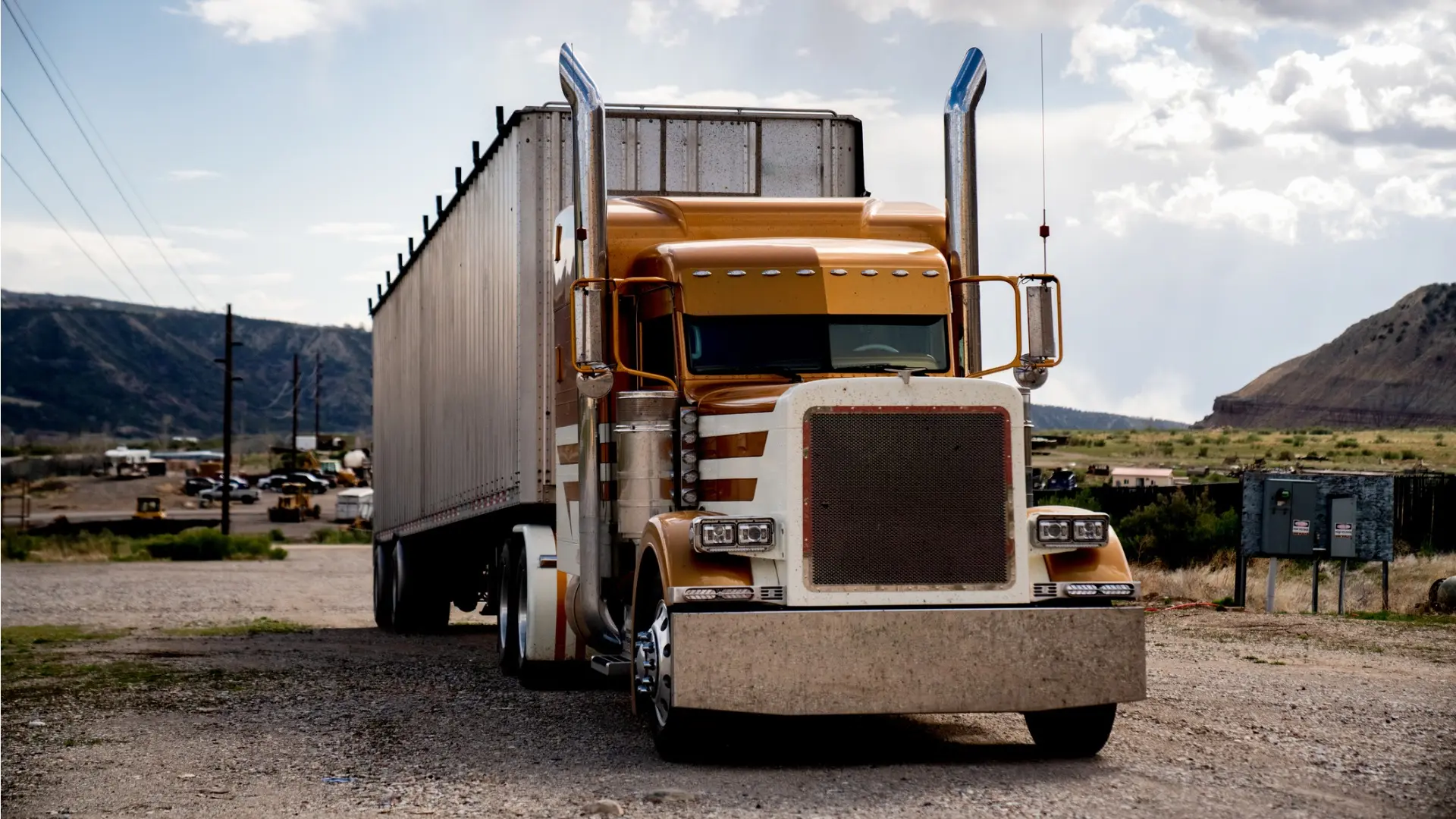
With the implementation of the Electronic Logging Device (ELD) mandate, many truckers are facing a change in the way they record their hours of service. However, one group of truckers has been granted an exemption from the ELD rule: those operating trucks made before the year 2000. In this blog post, we'll be exploring the reasons behind why this particular group of truckers is ELD Exempt.
What are ELDs?
ELDs, or Electronic Logging Devices, are devices that are used to electronically record a driver's hours of service (HOS). They have become mandatory for most commercial motor vehicles as part of the ELD mandate. These devices are installed in Tractor Trailers and use a combination of GPS, engine data, and a mobile application to track and record a driver's driving time and rest periods.
ELDs are designed to replace paper logbooks and make the process of tracking HOS more accurate and efficient. They automatically record a driver's driving time, miles driven, and location, eliminating the need for manual entry. Additionally, they provide real-time alerts to drivers and fleet managers, ensuring compliance with HOS regulations. All in all, ELDs are an effective tool in enhancing safety as well as streamlining paperwork for drivers. Complying with the ELD mandate helps make things easier for everyone to stay compliant and safe.
Overall, ELDs are a technology-driven solution that improves compliance with HOS regulations, increases road safety, and simplifies record-keeping for drivers and fleet managers.
Who needs to use ELDs?
ELDs are required for most commercial motor vehicles, including Tractor Trailers, as part of the ELD mandate. Any driver who operates a commercial vehicle that meets the criteria set forth by the mandate must use an ELD to record their hours of service (HOS). This includes drivers who transport goods or passengers for interstate commerce and who are currently required to maintain a paper logbook.
The ELD mandate applies to all vehicles subject to the HOS regulations, with a few exceptions. One notable exception is trucks made before the year 2000. These older trucks are exempt from the ELD rule because they typically do not have the necessary technology or data capabilities to support ELD implementation.
Why trucks made before 2000 are exempt from ELDs
Trucks made before the year 2000 are exempt from the ELD rule due to technological limitations. These older trucks may not have the necessary coding infrastructure to support the implementation of ELDs effectively. Unlike newer vehicles that come equipped with built-in data systems, older trucks simply lack the capabilities to integrate and operate ELDs seamlessly. Installing the required technology in these vehicles would be challenging, if not impossible. While ELDs have been designed to enhance safety and improve compliance with hours of service regulations, it's important to recognize that older trucks simply do not have the technological capacity to support this implementation. Therefore, they have been granted an exemption, allowing them to continue using traditional paper logbooks.
The Do-It-All Fleet Management Platform.
Start Today, No Contract. No CC.
Pros and cons of ELD implementation for older trucks
The exemption of trucks made before 2000 from the ELD rule raises both pros and cons for these older vehicles. On the positive side, not being required to install and use ELDs saves trucking companies the cost of purchasing and installing these devices. It also avoids potential issues with integrating ELD technology into vehicles that lack the necessary coding infrastructure. Additionally, for drivers accustomed to using paper logbooks, the exemption allows them to continue with familiar and comfortable record-keeping methods.
However, there are also downsides to the exemption. One disadvantage is that without ELDs, it becomes more challenging to accurately track and manage hours of service. This can lead to increased administrative burden and the potential for errors or inaccuracies in HOS records. Moreover, the exemption may create an uneven playing field between older and newer vehicles, as the latter will benefit from the safety and efficiency advantages offered by ELDs. Ultimately, while the exemption provides some flexibility for older trucks, it also presents potential drawbacks and limitations in terms of compliance and overall operational efficiency.
What does this mean for trucking companies?
Trucking companies that operate trucks made before 2000 need to be aware of the implications of the ELD exemption. While it may initially seem like a benefit to avoid the costs and potential challenges of implementing ELDs, there are important considerations to keep in mind. Staying informed on the regulations of manual logs and adapting your business practices to stay compliant is the key to successfully keeping your pre-2000 trucks on the road.
Trucking companies should carefully weigh the pros and cons and consider alternative solutions, such as voluntary ELD implementation, to ensure they maintain compliance and stay competitive in the industry.